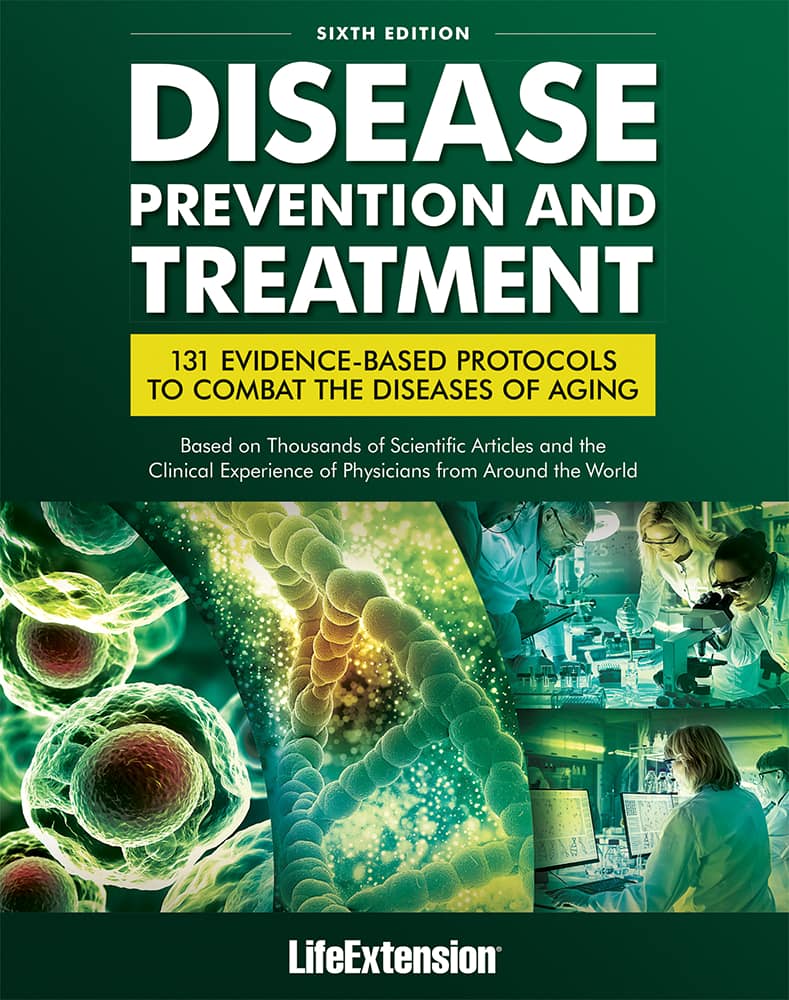
Newsletter
Newsletter
Greater intake of anthocyanins and flavanones linked to lower cardiovascular risk in men



Wednesday, September 7, 2016
An article appearing in the American Journal of Clinical Nutrition on August 3, 2016, reveals an association between a higher intake of a type of flavonoid known as anthocyanins and a lower risk of fatal heart attack in men. An association was also found between increased consumption of another flavonoid compound known as flavanones and a lower risk of ischemic stroke.
Anthocyanins are found in red and blue fruits that include blueberries, blackberries, black plums, red grapes, raspberries, cherries, strawberries and red wine, while flavanones occur almost exclusively in citrus fruit. Both of these compounds are also available in nutritional supplements.
The study included 43,880 healthy men with no prior diagnosis of cardiovascular disease or cancer upon enrollment in the Health Professionals Follow-Up Study, which enrolled 51,529 men in 1986. Responses to dietary questionnaires completed every four years beginning in 1986 were analyzed for flavonoid intake, including anthocyanins and flavanones.
Over 24 years of follow-up, 1,824 fatal and 2,222 nonfatal heart attacks, and 901 ischemic and 671 nonischemic strokes occurred. Men whose anthocyanin intake was among the top 20% of subjects had a 13% lower adjusted risk of nonfatal heart attack in comparison with those whose intake was among the lowest 20%.
In men whose flavanone intake was among the top fifth, there was a 22% lower adjusted risk of ischemic stroke. This protective effect was most pronounced in men over the age of 65 years.
"Our findings suggest that bioactive compounds present in both citrus and red- or blue-colored fruits commonly consumed in the habitual diet may be associated with a lower risk of cardiovascular in men," conclude Aedín Cassidy of the University of East Anglia and colleagues. "Randomized trials focusing on commonly consumed anthocyanin- and flavanone-rich foods are also needed to examine dose-response effects, as are trials of longer duration to assess clinically relevant endpoints."
 |
|
|||||||||||||||||
|
||||||||||||||||||
 |
|
|||||||||||||||||
|
||||||||||||||||||
How Life Extension lab testing works
Connecting to Agent...
Who would you like to talk to?
Chat Hours:
Visit Contact Us or Call us:
7 days a week | 24 hours
Mon - Fri | 7:30 AM - 12 AM (ET)
Sat & Sun | 9 AM - 12 AM (ET)
How was your experience with our Agent?